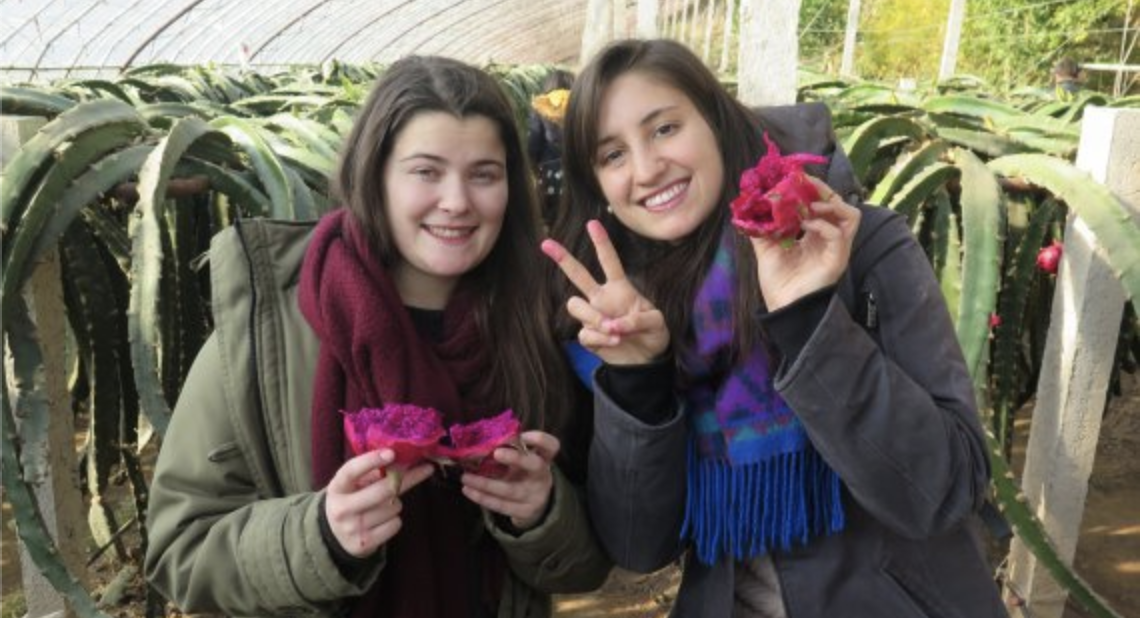‘Being at the European Council of Young Farmers (CEJA) was really far outside of my comfort zone. I’m an environmentalist by training, and I lived most of my life in the United States, so before my internship, I didn’t know anything about European agricultural policy.
Testing theories

One of my core activities was organising and attending working groups and seminars. Once a month, the national young farmer associations that we represent come together to discuss and debate specific topics. That was by far my favourite part of my internship because I was able to hear first hand how young farmers feel about a diversity of European policies. I spent a year learning about sustainable food systems and agroecology during my MSc, and now I could test those theories. A combination of the structured conversations that we had, and the informal ones after working groups, made me realise that adopting sustainable agricultural systems is not as straightforward or simple as academia makes it seem. My internship experience made me question everything I had learned.
Farmers protest

During my internship, I felt the frustration of farmers in my conversations with them, so I was not surprised when the protests began. I took the synergies between agriculture and environmentalism for granted. It wasn’t until my internship that I fully understood the tensions between the agricultural and environmental movements.
Now I have seen both sides’ perspective. I know that we need to protect the environment, but I also recognise that farmers already feel the financial and social burden from environmental legislation and that it will only worsen. I see the validity in the arguments from both sides. We have to be aware of what the consequences are if we pass stricter environmental protection laws because there are always trade-offs. Is everybody clear on how many farms will file for bankruptcy, for example? Does that outweigh the environmental benefits? Sometimes it does, and sometimes it doesn’t, which is why I am interested in policy and bridging research with it. It can help us to make better decisions about what policies to support.
Beijing
CEJA is also very involved in various European projects. For example, I got to go to Poland as a part of a European project about creating entrepreneurs in food. But I also went to Luxembourg, the Netherlands, Serbia and Czechia for various projects, forums and seminars. I signed up for this internship without knowing about the travel opportunities, so that was an unexpected perk. The cherry on top of my internship was when I had the opportunity to go to Beijing and visit farms in China with Chinese and European young farmers. It was a phenomenal experience to see the reality of young farmers there and compare it to young farmers in Europe.’

